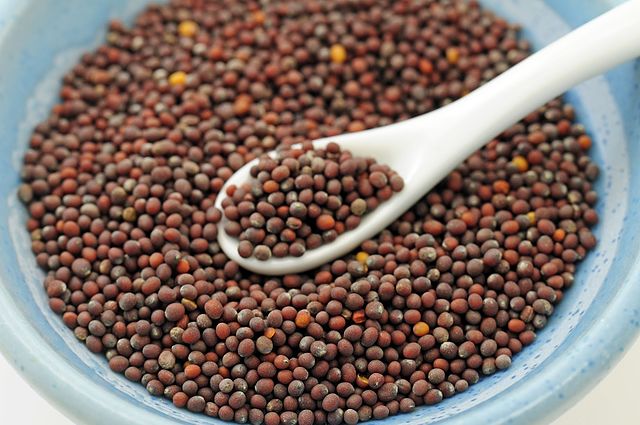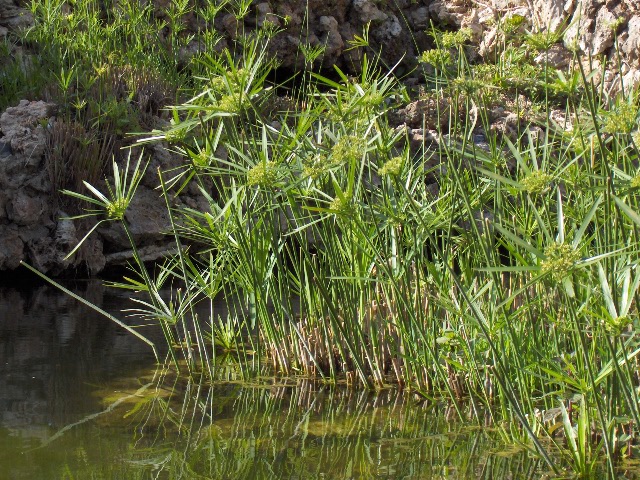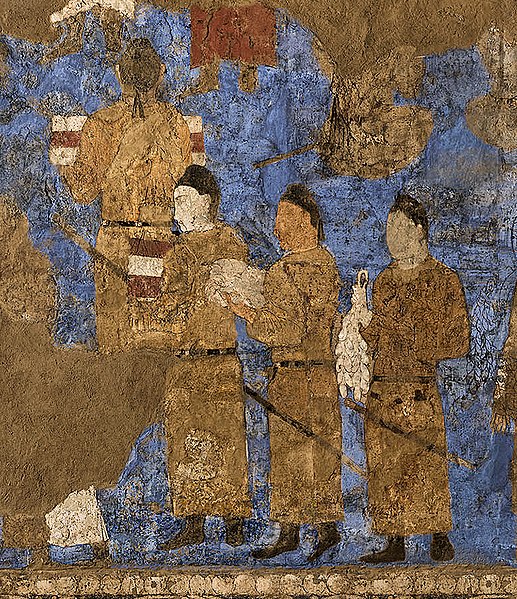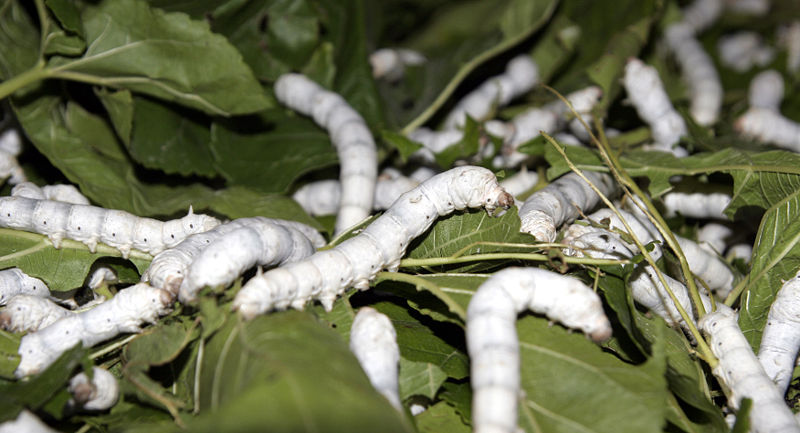Date: Sat 28 Nov 2020
Matching Commentaries:
Commentary for Bern Riddle 27: De papiro
Original text:
Amnibus delector molli sub cespite cretus
Et producta levi natus columna viresco.
Vestibus sub meis non queo cernere solem;
Aliena tectus possum producere lumen.
Filius profundi dum fior lucis amicus,
Sic quae vitam dedit mater, et lumina tollit.
Translation:
Grown up in soft grasses, streams make me happy,
And once born, I grow as a fast, verdant stem.
Under my clothing, I cannot see the sun;
covered by another, I can give out a light.
When I, a son of the depths, am turned into a friend of light,
my mother, who gave life, takes away the light.
Click to show riddle solution?
Papyrus plant
Notes: This edition is based on Karl Strecker, ed., Poetae Latini aevi Carolini, Vol. 4.2 (Berlin, MGH/Weidmann, 1923), page 746.
Line 1 follows the preferred reading in Fr. Glorie, ed., Variae collectiones aenigmatum Merovingicae aetatis, Corpus Christianorum, Series Latina 133A (Turnhout: Brepols, 1968), page 573.
Tags:
latin
Bern Riddles





Commentary for Bern Riddle 25: De litteris
NEVILLEMOGFORD
Date: Mon 08 Feb 2021Matching Riddle: Bern Riddle 25: De litteris
This is the second of two riddles about writing technologies. The previous riddle told us about parchment—now it is the turn of the letters that are written on it. Writing was a popular medieval riddle topic, and this riddle employs several common tropes. So, without further ado, letters proceed to the riddle!
It begins by looking back to the parchment of the previous riddle, which here is described as the albentum locum (“white place”) upon which the letters are born as sisters. Groups of sisters are used in two other Bern riddles where the subject is plural and grammatically feminine: flowers (No. 33) and stars (No. 61). Aldhelm also uses the sister motif in his riddle on the alphabet, in which the seventeen sisters are the consonants, and the six “bastard-sisters” (nothas) are the vowels.
In the second line, we are told that three parents create the letters. This is part of a long medieval tradition of describing writing as an activity carried out using three fingers—although writers never tell us exactly which digits they have in mind (Rosenfeld, pages 24-5). Riddlers often play with this idea, sometimes combining it with ideas about parentage. In Aldhelm’s riddle on the alphabet (No. 30), the three fingers are “brothers” who create their “sisters” “with an unknown mother” (incerta matre). Similarly, Tatwine’s riddle on the pen (No. 6) mentions three creatures that “bind” (vincere) the pen; another of his riddles, on letters (No. 4) mentions an unnamed mother, which may refer to the pen, hand, or page. And Exeter Book Riddle 51, which is usually solved as pen and fingers, describes “four creatures” (wuhte feower) that “travel together” (samed siþian). We should also mention two riddles in which weapons are operated by three fingers —Aldhelm’s riddle on the slingshot (No. 74) and Eusebius’ riddle on the sword (No. 36). Erika von Erhardt-Siebold (page 74) suggested that the three finger-motif in riddles may have something to do with a line from the Book of Isaiah: “quis appendit tribus digitis molem terrae?” (“who measures the earth’s dust by three fingers?”). However, this connection might seem a bit of a stretch, especially since the motif was so popular outside of riddles (Williams, page 112).
Aside from the three fingers motif, there are several very interesting parts of this riddle. In line 2, the idea that the finger-parents conceive the child with one “stroke” or “thrust” (ictus) is a great example of the sexualised double entendre that we more often associate with the Exeter Book Riddles. The idea in line 4 that no one can “detain” (detenere) the letters outside their home (sine… domo) seems to be that speech, unlike the written word, is fleeting, and that letters cannot be “held” or “stopped” outside of the page. And the final line explains that the sisters do not reply without a suitable “questioner” (or, in some manuscripts, the “father” (patre))—the idea is that the letters do not “speak” without a reader. Of course, this does not apply to us today, because we have all kinds of text-to-speech readers and audiobooks!
Aldhelm of Malmesbury, “Riddle 30” and “Riddle 74.” In Rudolph Ehwald (ed.), Aldhelmi Opera, MGH Auctrorum antiquissimorum 15. Berlin: Weidmann, 1919. Pages 110 and 131. Available here.
von Erhardt-Siebold, Erika. Die lateinischen Rätsel der Angelsachsen: Ein Beitrag zur Kulturgeschichte Altenglands. Anglistische Forschungen 61. Heidelberg: Winter, 1925. Pages 73-4, 80-1. Available here.
Klein, Thomas. “Pater Occultus: The Latin Bern Riddles and Their Place in Early Medieval Riddling.” Neophilologus 103 (2019). Pages 339-417.
Rosenfeld, Randall. “Tres digiti scribunt: A Typology of Late-Antique and Medieval Pen Grips.” In John Haines and Randall Rosenfeld (eds.), Music and Medieval Manuscripts. Farnham: Ashgate, 2004. Pages 20-58.
Williams, Mary. The Riddles of Tatwine and Eusebius. PhD Thesis, University of Michigan (1974). Pages 80-2, 112, and 206-7.
Tags: latin Bern Riddles
Related Posts:
Exeter Riddle 51
Bern Riddle 24: De membrana
Bern Riddle 33: De viola
Bern Riddle 61: De umbra